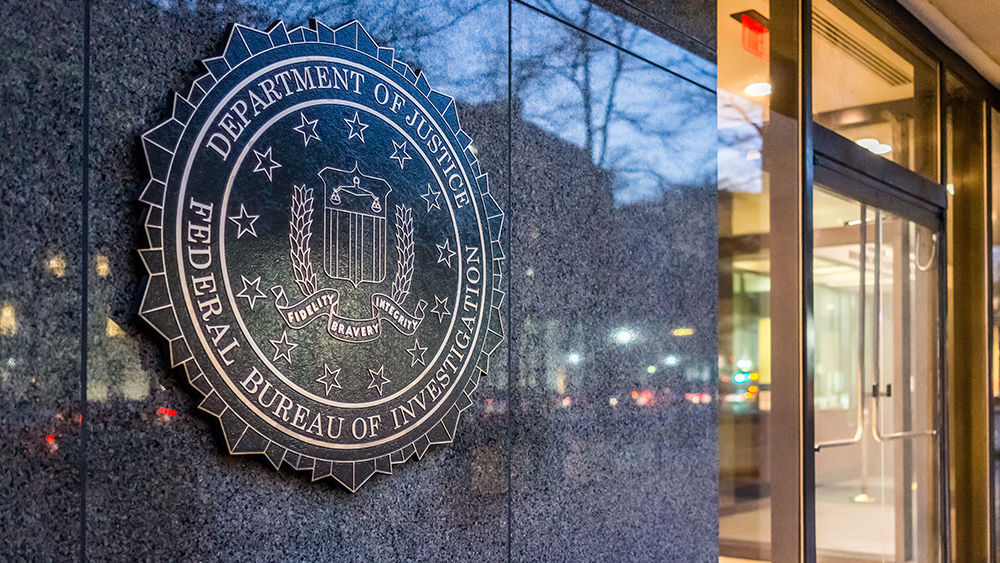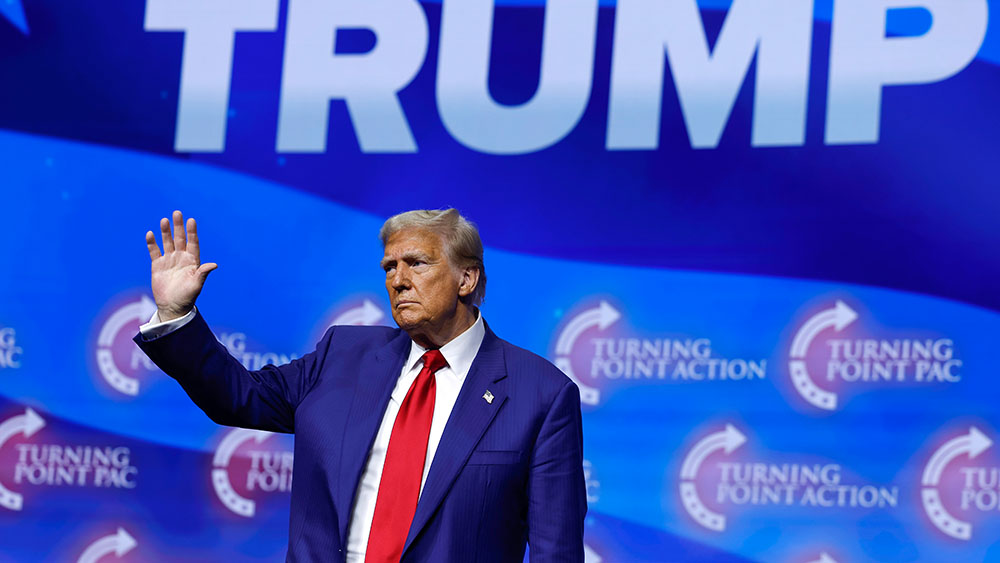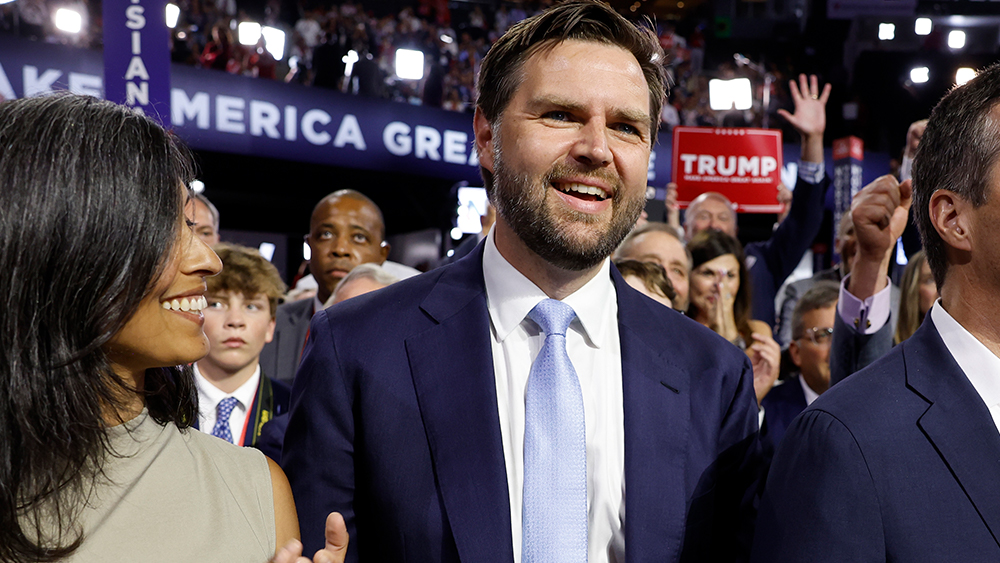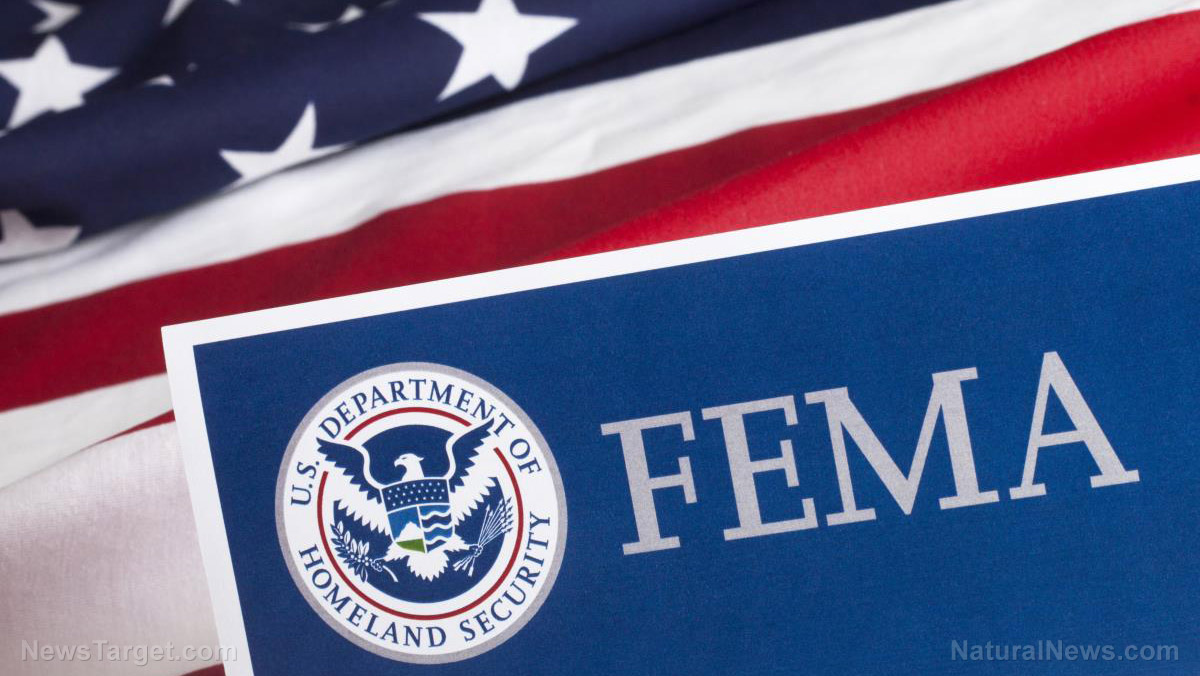
- The FBI has provided the DOJ with details of over 5,000 employees involved in the Jan. 6, 2021 Capitol Hill riots investigation, in compliance with a DOJ demand.
- FBI agents are concerned about potential retribution and have filed lawsuits to protect their identities, citing fears of danger from those convicted in the Jan. 6 cases.
- The DOJ's actions and Trump's executive orders have raised concerns about political retribution and the potential weaponization of the FBI against those who worked on the Jan. 6 investigation.
- Acting FBI Director Brian Driscoll refused to dismiss agents involved in the Jan. 6 cases, but was instructed to relay the names of all FBI employees involved in the investigation.
- The legal and political drama highlights the ongoing tension between political oversight and the independence of federal law enforcement agencies, and the need to maintain the integrity and trust in the FBI.
The Jan. 6 aftermath: A brief historical context
The Jan. 6 riots at the U.S. Capitol were a watershed moment in American political history. Thousands of supporters of President Donald Trump stormed the Capitol allegedly to disrupt the certification of the 2020 election results. In the aftermath, more than 1,500 people were charged with federal crimes, and the FBI played a crucial role in the investigation and prosecution of those involved. However, the political landscape shifted dramatically with the return of Trump to the White House. On the first day of his second term, Trump signed two executive orders: one commuting the sentences of 14 individuals connected to the riots and another pardoning all others convicted. Additionally, he ordered an end to the "weaponization of the federal government," setting the stage for a contentious review of the FBI's actions during the Jan. 6 investigations.The DOJ's demand and FBI's compliance
According to a CNN report, the FBI has provided the DOJ with the ID numbers, job titles and roles of over 5,000 employees involved in the Jan. 6 investigations. However, the bureau withheld the names of these employees, citing concerns about potential retribution. Acting Deputy Attorney General Emil Bove has accused the FBI of "insubordination" for refusing to turn over the names, as per an internal email seen by multiple media outlets. Bove has repeatedly requested that the FBI "identify the core team" involved in the Jan. 6 investigation, emphasizing the need to obtain a "complete data set" that can be "reliably pared down" to focus on those who may have acted with "corrupt or partisan intent," defied FBI leadership, or "exercised discretion in weaponizing the FBI."FBI agents sue to protect their identities
In response to the DOJ's demands, FBI agents and employees have taken legal action to protect their identities. Two federal cases were filed on Tuesday, with one class-action lawsuit brought by nine anonymous FBI agents against Acting U.S. Attorney General James McHenry. The lawsuit states that the plaintiffs "reasonably fear" that the information submitted by the FBI could be published, placing themselves and their families "in immediate danger of retribution" from individuals convicted in the Jan. 6 cases. The lawsuit further argues that the DOJ's actions are "retribution" in nature, aimed at identifying and potentially terminating FBI personnel who worked on the Jan. 6 investigations. It also claims that the DOJ has violated the First Amendment and privacy laws by compelling the FBI to compile and share this sensitive information. "Plaintiffs assert that the specific purpose of this survey is to identify agents and other FBI personnel to be terminated as a form of politically motivated retribution," the lawsuit states. The employees were informed that the "aggregated information" collected from the surveys would be sent to senior management, raising concerns about the potential misuse of this data.The broader implications
The handover of employee details and the subsequent legal battles highlight the ongoing tension between political oversight and the independence of federal law enforcement agencies. Critics argue that the DOJ's demands and the executive orders issued by President Trump could undermine the integrity of the FBI and set a dangerous precedent for political influence over law enforcement. Acting FBI Director Brian Driscoll refused a DOJ directive to dismiss agents involved in the Jan. 6 cases, according to multiple active and former FBI officials. Despite this, Driscoll was instructed to relay the names of all FBI employees involved in the investigations, and eight senior officials were ultimately dismissed. Kash Patel, currently awaiting Senate confirmation as FBI director, addressed these concerns during his testimony before the Senate Judiciary Committee. Patel emphasized the need to rebuild public trust in the FBI and address the weaponization of the intelligence community. When asked about Trump's pardons for Jan. 6 defendants, Patel noted that President Biden had also commuted the sentence of a man convicted of murdering two FBI agents, suggesting a balanced approach to justice and the rule of law. As the legal and political drama unfolds, the fate of the FBI agents and employees involved in the Jan. 6 investigations remains uncertain. The case underscores the delicate balance between accountability and the protection of law enforcement personnel from political retribution, a balance that is crucial for maintaining the integrity and independence of federal agencies. The events of Jan. 6 and the subsequent investigations have left an indelible mark on American democracy. The current scrutiny of the FBI's role in these investigations is a testament to the ongoing struggle to ensure that justice is served without political interference. As the nation watches, the outcome of this saga will have far-reaching implications for the future of law enforcement and the rule of law in the United States. Sources include: RT.com MSN.com CBSNews.com CourtListener.com“Science For Sale” details how the government works with corporations to undermine true science
By Arsenio Toledo // Share
Trump calls for radical military spending cuts, seeks Ukraine peace and G7 expansion
By Willow Tohi // Share
U.S. VP Vance warns Europe against adopting Chinese open-source AI models
By Lance D Johnson // Share
Trump calls for FEMA termination after $59 million luxury hotel spending scandal
By Belle Carter // Share
Trump’s shakeup of USAID reveals agency financed censorship and smear campaigns
By News Editors // Share
Google betrays privacy promises by abandoning third-party cookie phaseout
By isabelle // Share
Antioxidants: A promising ally in the battle against cancer
By bellecarter // Share
Illegal immigrant arrested after stealing DHS Secretary’s purse in D.C. dining theft
By isabelle // Share











